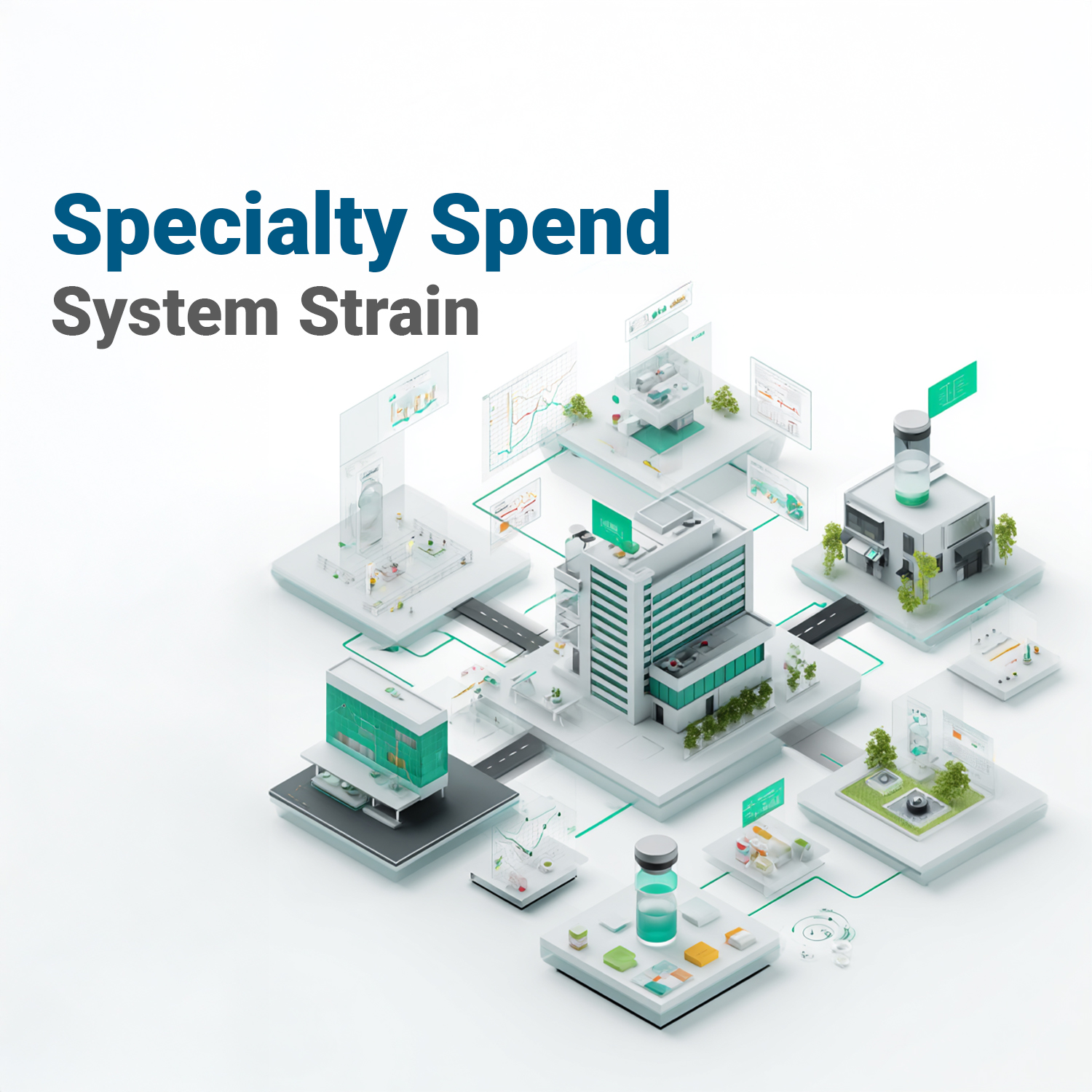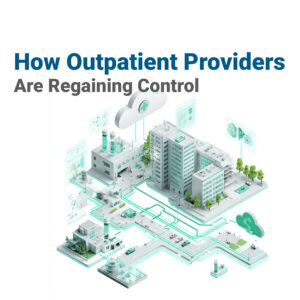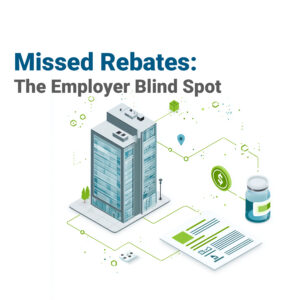A Persistent Healthcare Challenge
In the realm of healthcare delivery, a consistent and reliable supply of medications is a critical infrastructure. However, the current healthcare environment is marked by a disturbing trend: the persistent shortage of nearly 130 critical pharmaceuticals. This array of shortages extends beyond niche treatments and affects a broad spectrum of medications, including over-the-counter drugs, antibiotics such as amoxicillin, and treatments for chronic conditions like ADHD and various forms of cancer.
The Impact on Patient Care
These shortages represent more than just a supply chain inconvenience; they are a significant barrier to patient care. Earlier this year, the scarcity of children’s acetaminophen and ibuprofen, alongside new therapies for Respiratory Syncytial Virus (RSV), highlighted the severity of the issue. The shortfall in supply not only disrupts treatment protocols but also has a profound impact on health outcomes.
Regulatory Response to Drug Shortages
The Drug Enforcement Administration (DEA) and the Food and Drug Administration (FDA) are at the forefront of tackling these challenges. DEA Administrator Anne Milgram has publicly addressed the urgency of understanding and mitigating these shortages. She has acknowledged the complex issues at hand and the need for sustained coordination among the DEA, FDA, drug manufacturers, and other key stakeholders.
Contributing Factors
- Supply Chain Delays: The ripple effects of the pandemic have revealed a heavy reliance on offshore manufacturing, leading to significant supply chain disruptions.
- Increased Pharmaceutical Demand: A surge in the need for pharmaceuticals has frequently outstripped supply capabilities, further contributing to the problem.
- Diminishing Generic Production: There is a notable downturn in the production of generic drugs, which, despite being crucial for healthcare, are less profitable for drug companies.
Tackling the Adderall Shortage
The DEA’s specific response to the shortage of Adderall, a medication used to treat ADHD, has brought to light the fact that production did not meet the established quotas. This shortfall has prompted the DEA to adopt new regulations, including the requirement for drug manufacturers to submit detailed production plans and quota applications on a quarterly basis.
Legislative Attention and Actions
The House Committee on Oversight and Accountability has not been silent on this issue. It has pinpointed the pandemic’s lasting impact on the supply chain, the over-reliance on offshore manufacturing, and the burgeoning demand for pharmaceuticals as key contributors to the ongoing shortages. They have called upon the FDA to take a more proactive role in preventing such shortages in the future, highlighting the necessity of regulatory vigilance.
Monitoring and Moving Forward
The healthcare industry continues to closely monitor the situation, with stakeholders across the spectrum providing updates and strategies to mitigate the shortages. The commitment to addressing this complex issue is shared by healthcare providers, policymakers, and regulatory agencies, all of whom are actively seeking solutions.
As this situation unfolds, the industry’s collective efforts are focused on ensuring that drug supplies meet the demands of patients nationwide. With a clear understanding of the underlying causes and an unwavering commitment to resolving them, the healthcare community strives to safeguard the well-being of patients, ensuring they have access to the medications they require.
Sources:
https://www.haponline.org/News/HAP-News-Articles/Latest-News/a-focus-on-drug-shortages
https://www.cnn.com/2023/03/22/health/drug-shortages-senate-report/index.html
https://www.fda.gov/drugs/drug-safety-and-availability/fda-announces-shortage-adderall






